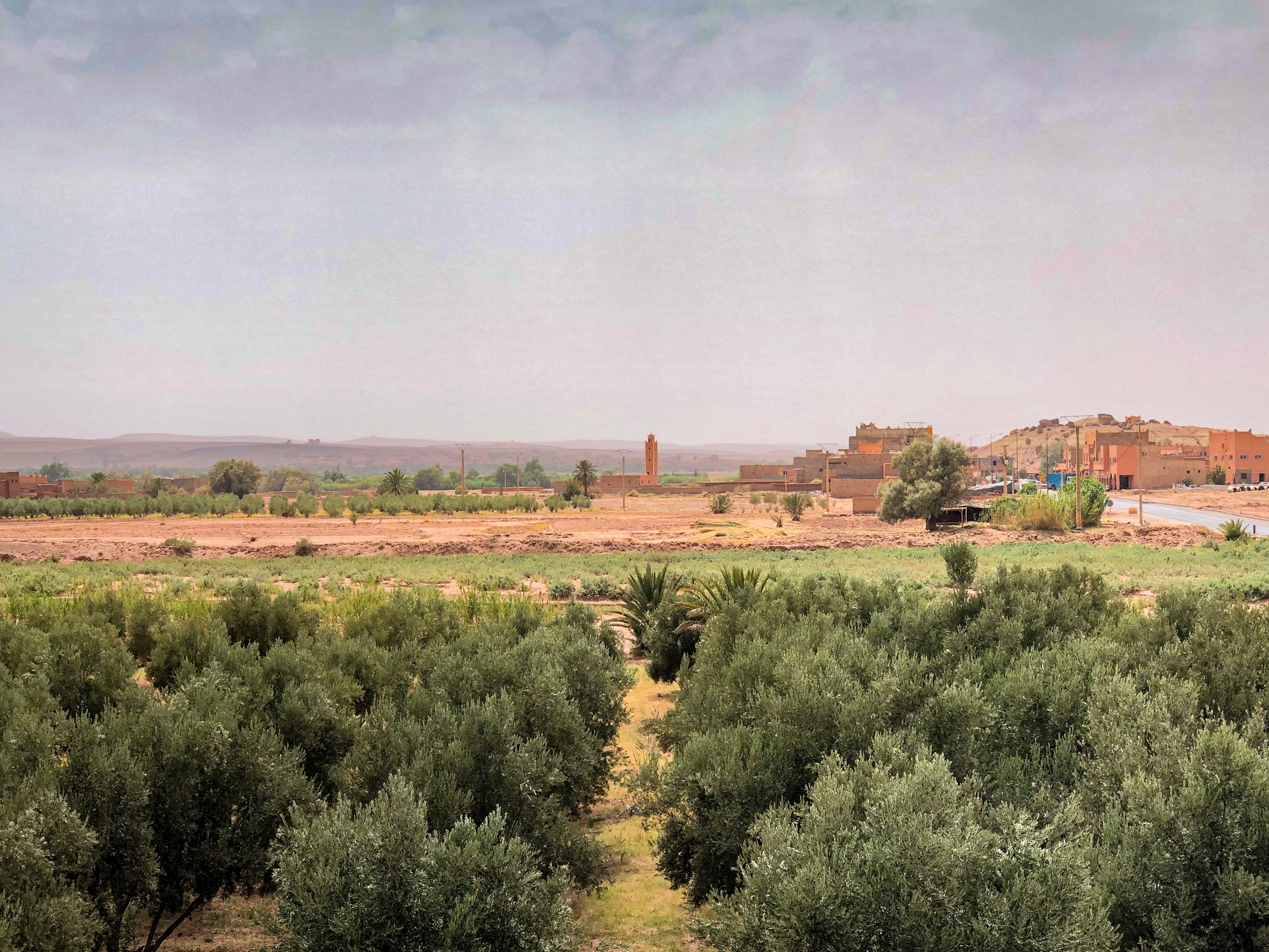
Olive Farming In Morocco
Olive farming is a cornerstone of Morocco's agricultural sector, deeply embedded in the nation's culture and economy. The country stands as the world's fifth-largest producer and exporter of olive oil, with an average annual production of 140,000 tons.
Historical and Cultural Significance:
- The cultivation of olive trees in Morocco dates back centuries, symbolizing peace, wisdom, and prosperity. Olive groves are prevalent across various regions, notably in the Rif Mountains near Chefchaouen, where traditional farming methods are still practiced.
Economic Impact:
- The olive industry is a vital source of income, especially in rural areas. Initiatives like the Green Morocco Plan, launched in 2008, have bolstered the sector by supporting small-scale farmers and enhancing production techniques. These efforts aim to improve the livelihoods of rural populations and promote sustainable agriculture.
Modernization and Sustainability:
- In response to challenges such as climate change and water scarcity, Moroccan farmers are adopting innovative practices. Techniques like precise irrigation, timely harvesting, and modern pressing methods have significantly increased yields and improved oil quality. For instance, in the Al Haouz province, such measures have boosted production from 20 kg to over 100 kg of olives per tree.
Empowering Women and Communities:
- Flock Composition and Management: Households typically maintain small flocks comprising chickens, guinea fowls, pigeons, and turkeys. These birds are often raised under free-range conditions, scavenging for food supplemented by household scraps. However, challenges such as limited veterinary care, inadequate biosecurity measures, and high mortality rates due to disease and predation persist.
Quality and Exportation:
- Morocco's commitment to quality is evident through the establishment of national competitions for the best extra virgin olive oil producers and the recognition of distinctive signs of origin and quality. The country's infrastructure, including ports like Casablanca, facilitates efficient exportation, connecting Moroccan olive oil to global markets.